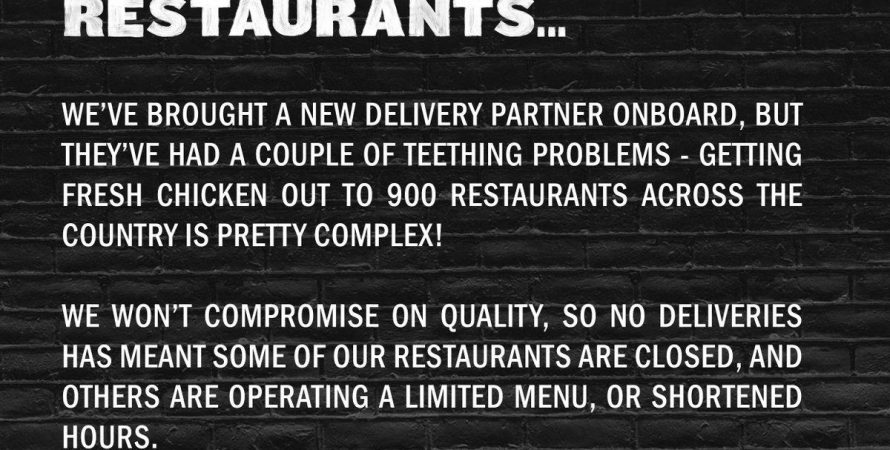Take an extremely secure, virtually non-hackable, and easily verifiable digital ledger. Now use it to maintain records of any food-supply chain involved in today’s global market. You would get a system that tackles major problems of the food industry including food tampering or substitution, contamination of food, and illegal food production.
According to David Wright Tremaine, the famous American business and litigation law firm, blockchain technology increases the efficiency and transparency of the supply chain. It helps enhance food safety, by enabling digital tracking of the food-product. Information such as processing data, batch numbers, expiration date, and degree of authenticity is all recorded in a blockchain format. Nestle, Unilever, Dole, Walmart, and many other food giants have welcomed the blockchain with open arms (Fortune).
But the adoption of this technology, which is still in its infancy, has not been fruitful for all. Several issues such as the balance of confidentiality with transparency, limitations on the amount of information which can be processed, and the equivocal opinions of the public with regards to blockchain pose a huge challenge to its widespread adoption in food supply chains.
Take the recent case of KFC’s million dollar debacle that arose due to a goof-up by its food supply chain partner DHL. A shortage of chicken on part of DHL forced KFC to temporarily shut down over 900 of its UK branches. By partnering with DHL and food service logistics provider Quick Service Logistics (QSL), KFC had hoped to achieve potential cost savings and improve the quality of its food service. But soon after doing so, in the third week of February, it all went downhill. In a bid to save money, KFC ended up losing a lot of it instead!
Sources:
- Blockchains and food security in the supply chain (Future Food Tech Nyc)
- How blockchain technology could transform the food industry (The Conversation)






Breaking down Bitcoin the Ellen DeGeneres way